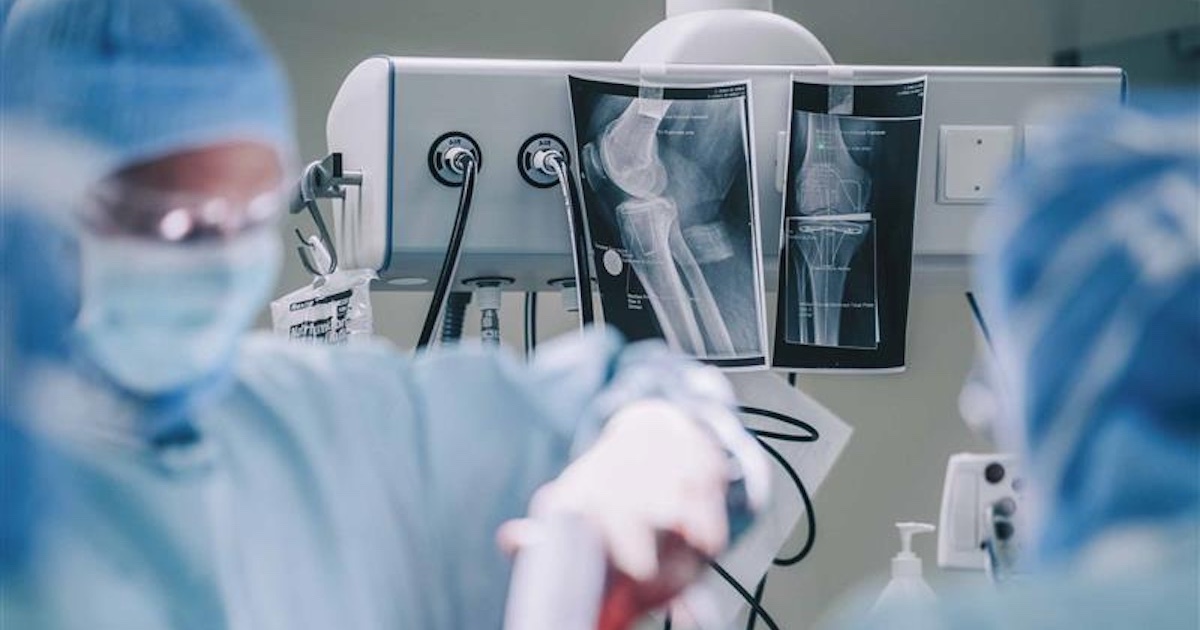This year the emerging wireless health industry has enjoyed a boon of publicity and in some cases hype, but it's also been a bright spot for venture capital investment, too. Here are five mHealth start-ups that received venture capital investments in 2009. Their products range from wireless implantable neurological devices to fitness-tracking wristbands and waiting room tablets.
Let us know if you heard of a VC investment that we missed.

January 16, 2009: MiLife raised an undisclosed amount of money in a new round of funding from New Venture Partners and Unilever Ventures. A partner at New Venture Partners, Anton Arts, told StartupMeme at the time:
"We were impressed by the management team's unique skill set and proven track record in pursuing the wide range of global business opportunities in this field. MiLife enjoys unique benefits from the unparalleled depth of Unilever Corporate Research in the field of nutrition and vitality that underpin the product."
Cambridge Consultants helped MiLife to design and develop its online coaching system and Bluetooth-enabled watch-sized device that captures biometrics surrounding the physical activity of the user. MiLife calls the device (shown above) the MiBand.

February 20, 2009: Phreesia, which provides a free patient-intake solution for physicians' waiting rooms, raised $11.6 million in venture capital. The company's third round of funding was led by BlueCross BlueShield Venture Partners, which has a $116 million war chest into which eleven independent BlueCross and BlueShield companies have committed capital. Return investors Polaris Venture Partners, HLM Venture Partners and Long River Ventures also contributed to the most recent round.
Phreesia's second round of VC funding was disclosed in the fall of 2007 when the company announced $10.25 million in VC, led by Polaris. The company's first round of funding was never disclosed, but it was announced in December 2006 and was led by HLM.
 April 27, 2009: Monica Healthcare -- PUK Ventures invested almost $1.1 million into UK-based startup, Monica Healthcare, which develops wireless technology for monitoring the health expectant mothers and their fetuses. The company raised $1.6 million in total for the round. Monica Healthcare was spun out from the University of Nottingham in May 2005. The company has a number of other wearable devices under development for accessible obstetric services at home and in the hospital. The company had two previous rounds of funding - a nearly $750,000 seed round and a $1.5 million round in 2007.
April 27, 2009: Monica Healthcare -- PUK Ventures invested almost $1.1 million into UK-based startup, Monica Healthcare, which develops wireless technology for monitoring the health expectant mothers and their fetuses. The company raised $1.6 million in total for the round. Monica Healthcare was spun out from the University of Nottingham in May 2005. The company has a number of other wearable devices under development for accessible obstetric services at home and in the hospital. The company had two previous rounds of funding - a nearly $750,000 seed round and a $1.5 million round in 2007.

May 8, 2009: Autonomic Technologies scooped up $20 million in its second round of venture capital funding. Autonomic is a stealth startup that is developing unspecified medical devices. A recent job post, however, explained that the company was developing an implantable neurostimulation system. Applicants will be supporting the testing and evaluation of wireless health devices, the job post said.
InterWest Partners led the investment round, which included participation from Kleiner Perkins Caufield & Byers and The Cleveland Clinic.

June 18, 2009: Zephyr Technology -- Motorola Ventures, the company's strategic venture capital arm, made an investment in Zephyr Technology, a developer of remote physiological monitoring technology. Financial terms of the investment were not disclosed.
Zephyr's physiological and biomechanical monitoring solutions are based on the company's Smart Fabric technology, which combines fabric-based sensors with algorithms and electronics. These monitoring solutions can be used in a diverse range of areas including sports, defense, first responder and healthcare.


